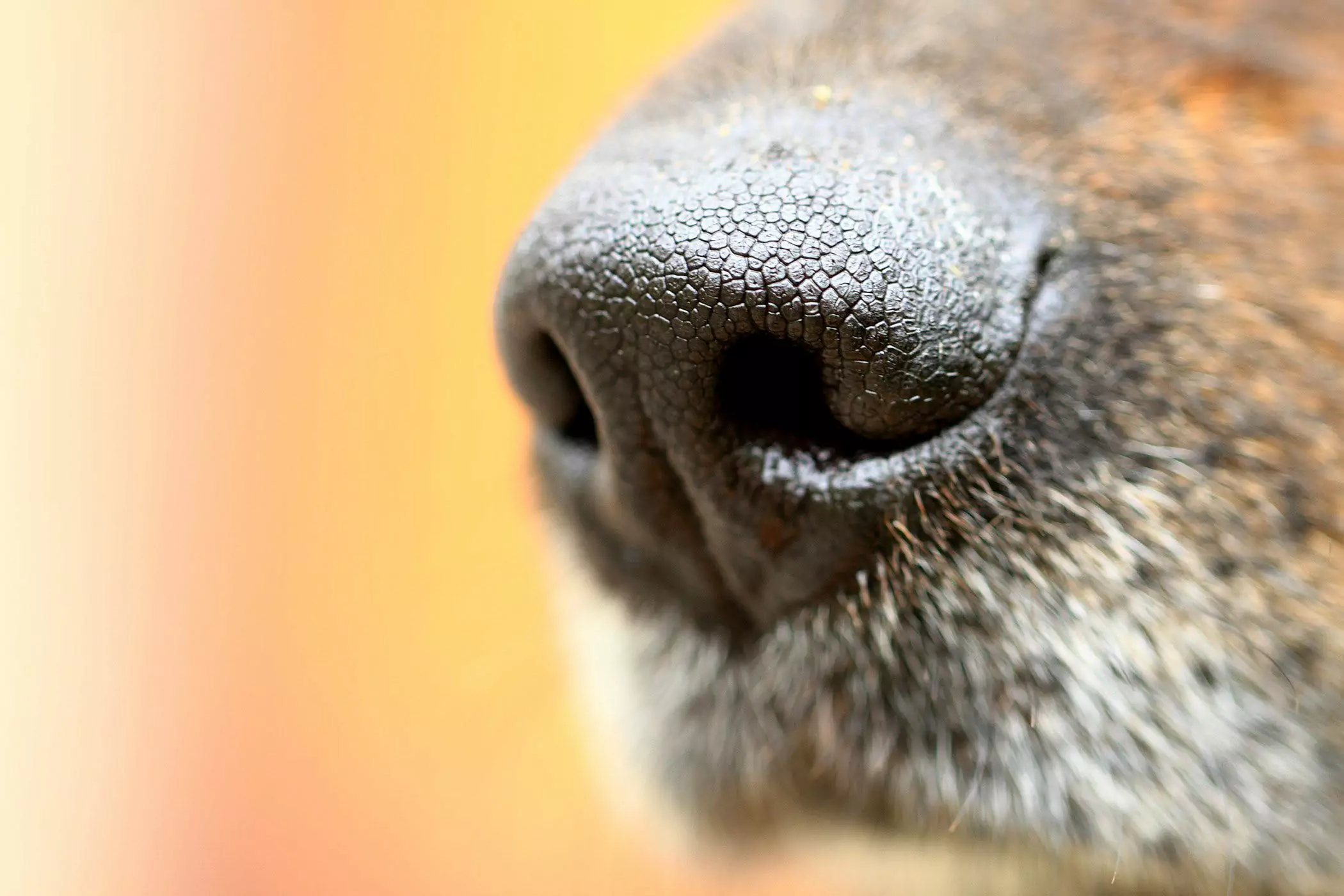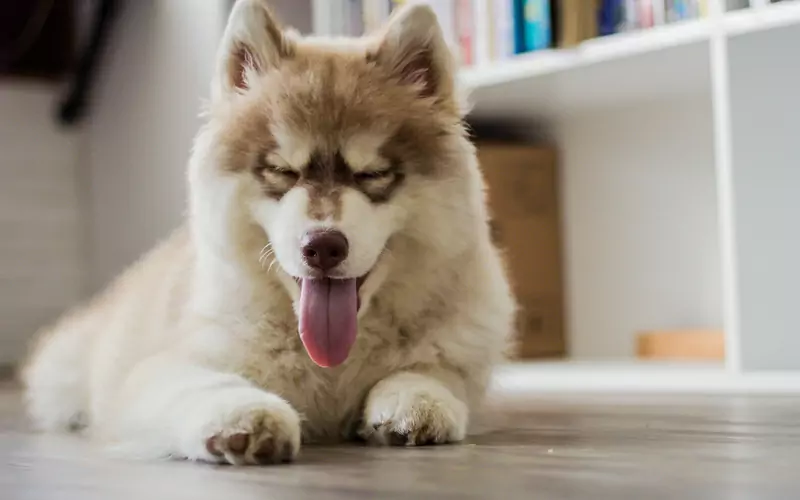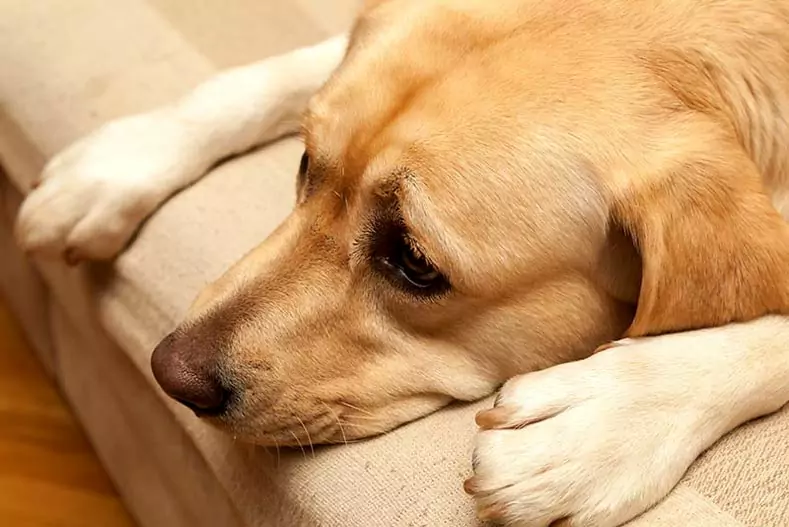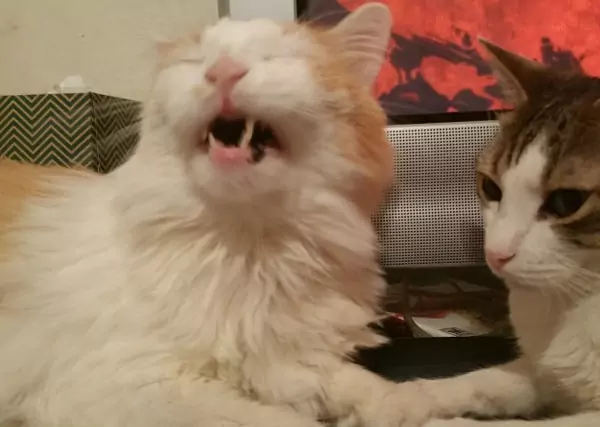Do cats lose their milk teeth? About kittens' milk teeth
2022-07-08
Pets, like us, go through the process of tooth replacement, and puppies and kittens lose their baby teeth and develop permanent teeth. Milk teeth are the teeth that come out when a puppy or kitten is born, and as time goes on, the milk teeth will slowly fall out and your pet will grow permanent teeth. Although you may not be able to see the lost milk teeth, don't feel nervous, it is a normal process for your pet to grow up and you only need to check your cat's mouth occasionally to find them.
When your kitten's permanent teeth slowly come in, give it timely dental care to make sure the new teeth have room to grow in~
I. About the kitten's milk teeth
Kittens have no teeth at birth and their first teeth are usually incisors, which come in at about two weeks old. The milk teeth will appear translucent and are not very large. After two weeks, you will notice their cuspids slowly growing and by six weeks old, their permanent teeth will appear and the 26 milk teeth will slowly begin to fall out and be replaced by permanent teeth.
The kittens' milk teeth are as sharp as pinpoints and the growth can anger the mother cat who feeds them, and this is when the weaning process must be brought up to process.
Helping kittens through teething
The transition time and duration from milk teeth to permanent teeth varies with each pet. Generally, when a kitten is three months old, its permanent teeth slowly come in, and by 6-9 months, its milk teeth will have fallen out.
During the period of tooth replacement, kittens may become difficult to chew food or drool because of sore gums. When this happens, you need to do the following.
Make sure your pet's dry food is softened and does not irritate the kitten's gums
When playing with other kittens, avoid hurting other cats with your cat's mouth
Do not brush its teeth or gums during the period of teething loss, it may cause them pain
What happens when the milk teeth fall out?
A kitten's permanent teeth will start in the kitten's jaws and as the kitten grows, the permanent teeth will push up to the roots of the milk teeth. As time passes, the permanent teeth will slowly grow into the pressed roots and by the time the milk teeth fall out, all that is left is the crown. During the normal growth of a kitten, you may note the following time periods.
At about eleven weeks, the cat's first permanent tooth will emerge
Permanent incisors at about four months
Canine teeth about five months
Anterior molars in place about six months
Permanent molar in place as an adult
A cat's milk teeth can fall out at any time, and you may find a kitten's milk teeth on the carpet, in the bed, or you may not find them at all. Because in most cases, lost milk teeth are hard to find, many pets choose to swallow their own milk teeth, which is normal and harmless to the pet.
After losing a baby tooth, the pet's gums will heal quickly and the permanent teeth will come in neater and brighter white.
What owners should look for when permanent teeth come in
If a dog or cat has lost any milk teeth, often referred to as retained milk teeth, but the delayed loss of milk teeth can lead to gum disease in cats, the best course of action is to visit the vet for extraction of the milk teeth to prevent other oral problems. Make sure your pet's permanent teeth can grow properly and prevent fractured milk teeth or oral infections.
Once the permanent teeth are fully grown, it is time to take care of your pet's dental health. Regular weekly brushing and semi-annual dental care are very important. It is important to keep your pet's teeth white and healthy to keep dental disease away!
If one day you suddenly find that your cat is missing a tooth, then you should not be too alarmed, because in many cases cats lose their teeth.
The most common loss of teeth in cats goes back to their early years. Kittens just a few weeks after birth will begin to develop milk teeth, and these will fall out again when the cat is about 4 to 5 months old and the milk teeth are eventually replaced by permanent teeth.
This loss of teeth in kittens during their early years is a sign of their growth and is a completely natural part of the growth process.
Trivia: Cats have a total of 26 milk teeth and 30 permanent teeth.
My cat is starting to lose teeth! Is this normal? Do cats lose teeth due to aging?
After the stage of tooth replacement, cats are primed to enter adulthood. During this period, cats usually do not lose their teeth, although exceptions do occur.
For example, certain diseases, trauma, etc. may also cause a cat to lose its teeth. If a cat loses its teeth as an adult, we recommend that you take your cat to the hospital for an examination. If the loss of teeth is caused by some disease, then catch it early and treat it!
Cats will eventually enter the old age stage, and just like every life will eventually go into old age, cats will also go through this stage. And in old age, will cats' teeth necessarily fall out? Some cats do and some don't. This phenomenon is the same as in humans and varies from cat to cat.
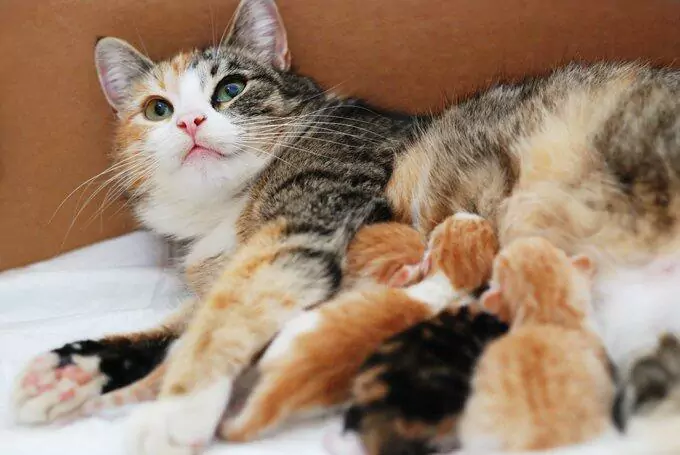
II. Is it normal for older cats to lose their teeth?
First we need to state the opinion that it is not really a normal thing for cats to experience tooth loss as they age, but it does happen.
If a cat's oral health is well maintained and their teeth are of good quality, then they actually lose very few teeth in their older years.
However, if a cat's oral health is not reasonably well maintained on a daily basis, the odds are that dental disease will find the cat, and cats with dental disease are more likely to lose their teeth in their older years.
Statistically, as many as two-thirds of all cats suffer from varying degrees of dental disease, which is a very large percentage.
While not every dental disease causes tooth loss, this number does indicate the prevalence of cats suffering from oral disease. One of the most common dental diseases in cats is plaque, where bacteria accumulate in the mouth and eventually form plaque.
Although plaque is not aggressive, if left unattended, it can develop into oral diseases such as calculus and gingivitis, and eventually damage your cat's teeth.
III. Caring for dental health and improving the quality of life of older cats
Older cats can also have a good set of teeth, but only if their oral health is being consistently maintained.
When cats are able to maintain their teeth well, they generally do not experience tooth loss. A 20-year-old cat that is missing only 1 to 2 teeth is something that is completely doable.
To keep your cat's teeth healthy for a long time, then the usual care cannot be missing. And we can take lessons from ourselves about how to take care of our cats' teeth.
People have to brush their teeth every day, because brushing can wash away the food debris attached to the teeth, so doing so can be a good way to take care of dental health.
Cats, too, need to brush their teeth every day, especially when they start to eat cat food as their main diet, and actively brushing their teeth becomes a necessity.
The headache may lie in the fact that cats are very sensitive to brushing and they may not cooperate at all. Many cats do not accept the sensation of a foreign object entering their mouths with a toothbrush. Therefore, many cats will resist brushing their teeth.
Once the cat resists, the pooper scooper is afraid that the toothbrush will hurt the cat, so eventually he has to compromise and give up brushing.
However, if you feel sorry for your cat for a while, how can you maintain its dental health in the future? Without brushing, your cat is at high risk of dental disease, is that something you can afford?
So, no matter how difficult it is to brush your cat's teeth, we hope you will always try and not give up.
We recommend that you clean your cat's teeth once a day, or if you really don't have the time, 3 to 4 times a week is necessary.
Was this article helpful to you?
Other links in this article
português (Brasil):
Os gatos perdem seus dentes de leite? Sobre os dentes de leite dos gatinhos
日本語:
猫の乳歯は抜けるの? 子猫の乳歯について
中文简体:
猫会掉乳牙吗?关于幼猫的乳牙
中文繁体:
貓會掉乳牙嗎?關于幼貓的乳牙
Comments
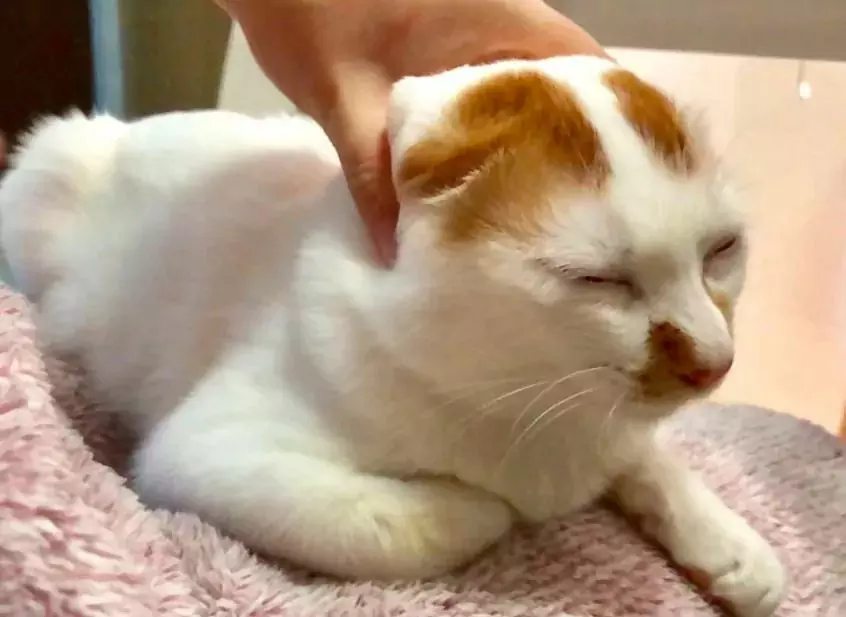
Why do cats sleep so much? How long do cats sleep in a day? Cats' sleep cycles, sleep habits, and dreaming
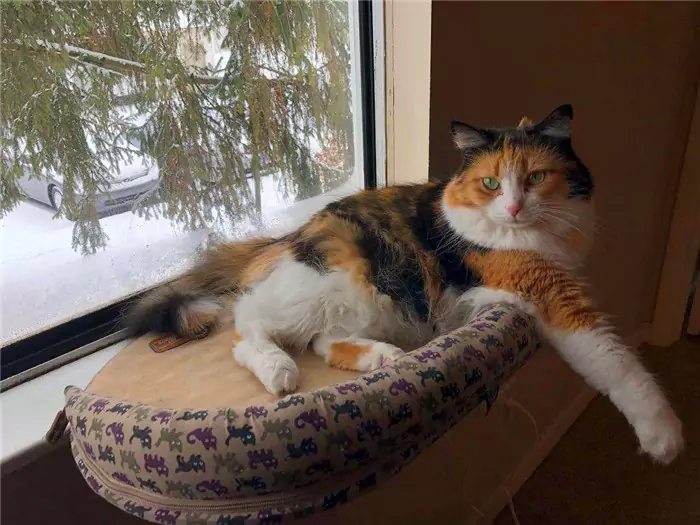
Why is my cat losing its hair?
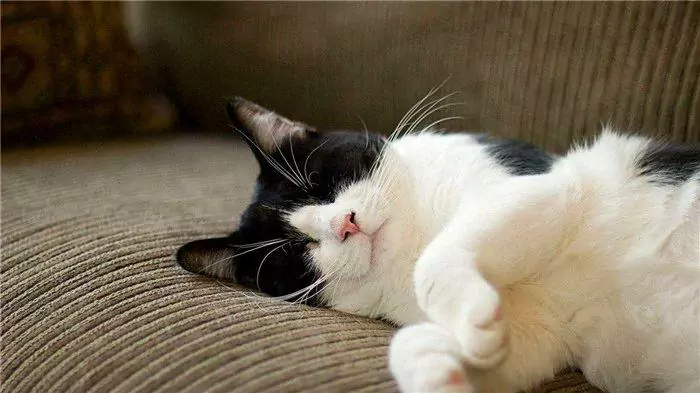
Why do cats purr?
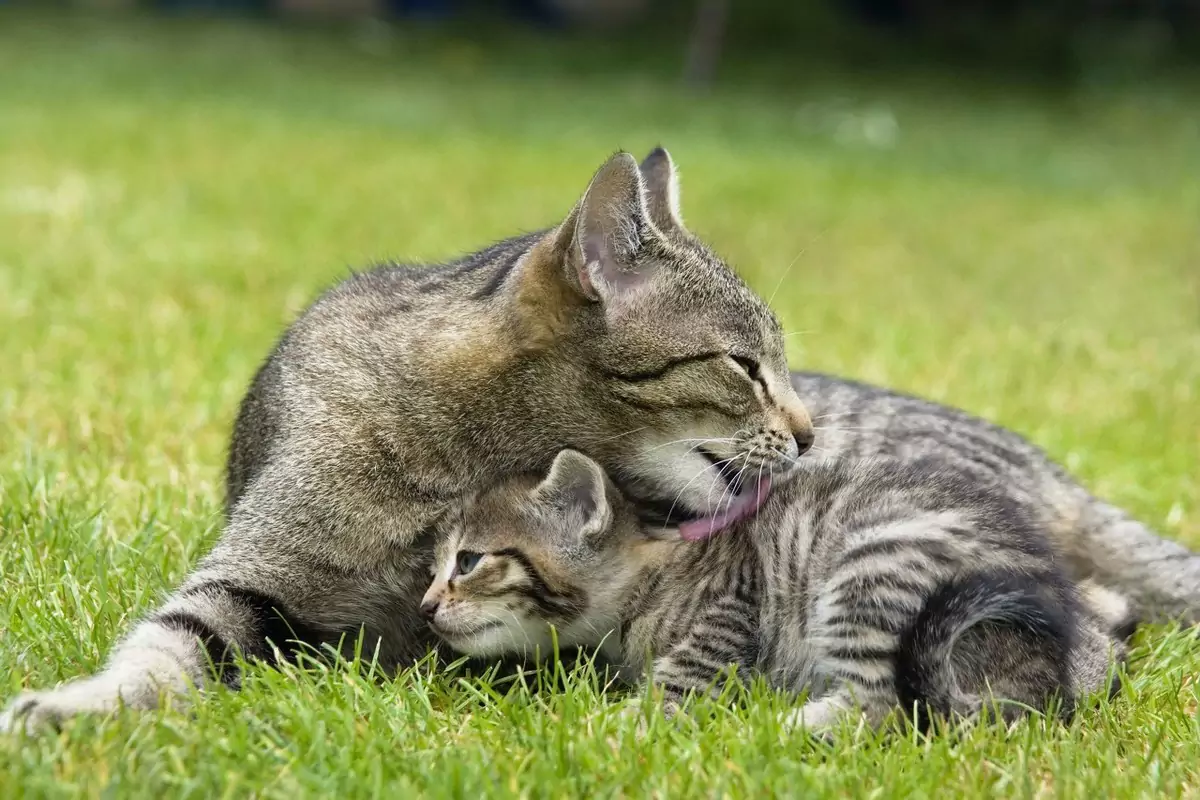
Why do cats groom each other?
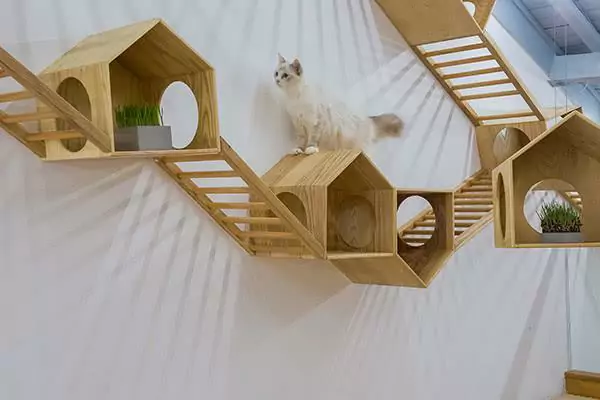
How long do cats live indoors? Do cats get lonely?
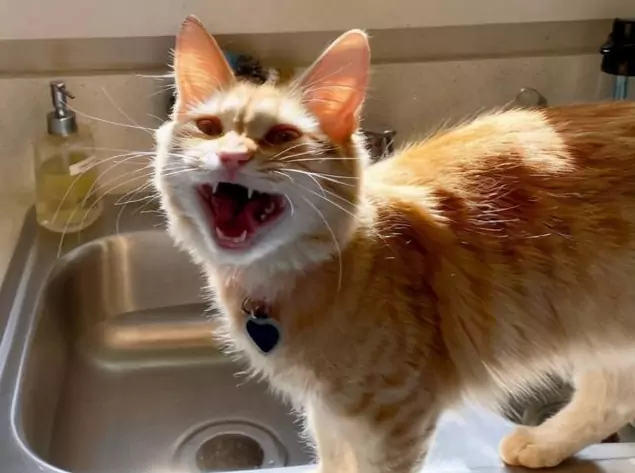
Why do cats make hissing noises? The origin of the hissing sound of cats
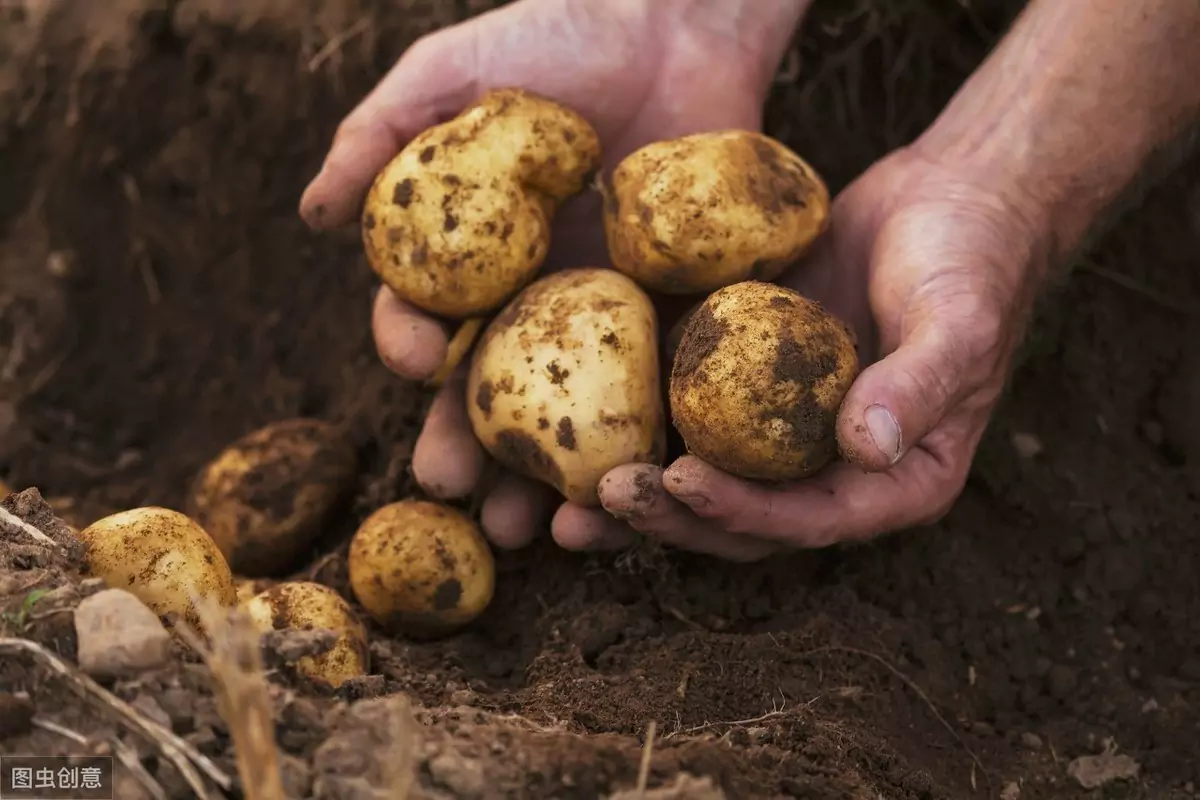
Are potatoes toxic to cats? What causes the onset of potato sprout poisoning in cats?
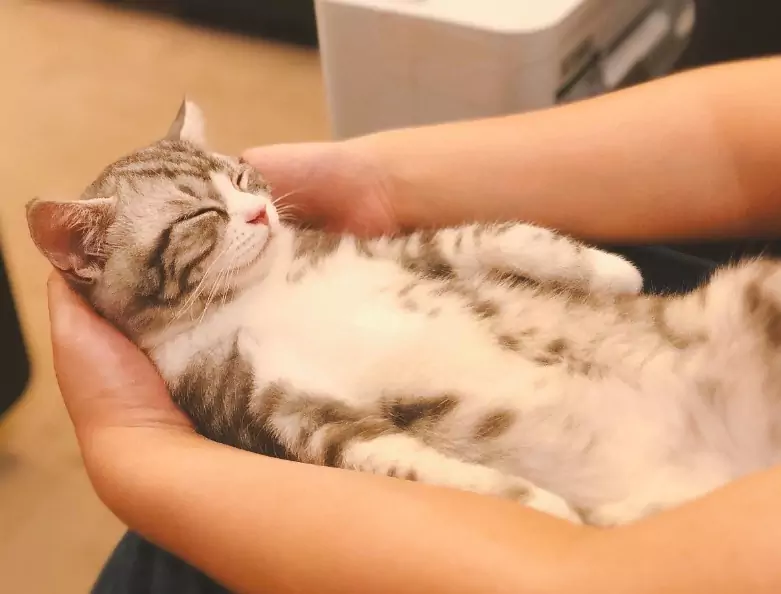
Why does my cat sleep on top of me? Reasons why cats like to sleep next to their owners
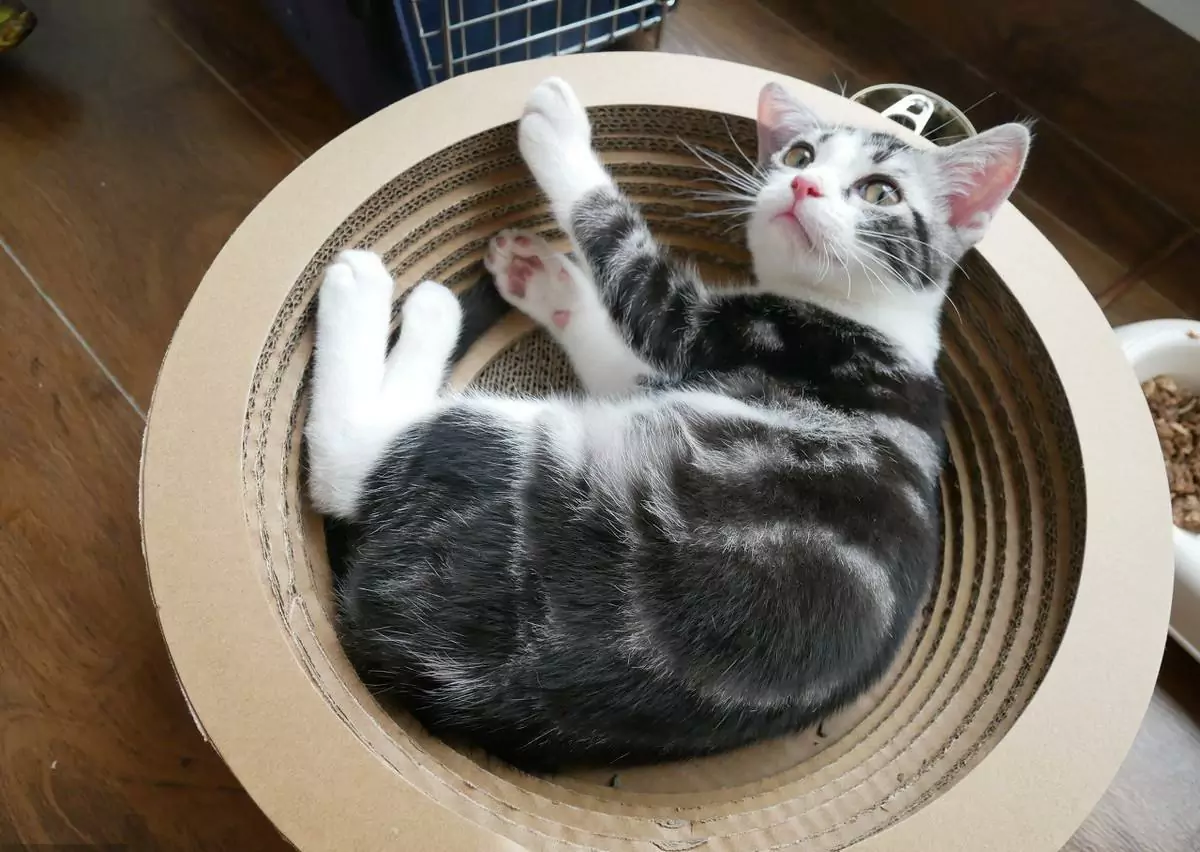
How do make cats like you? How to get cats to like us is quite simple
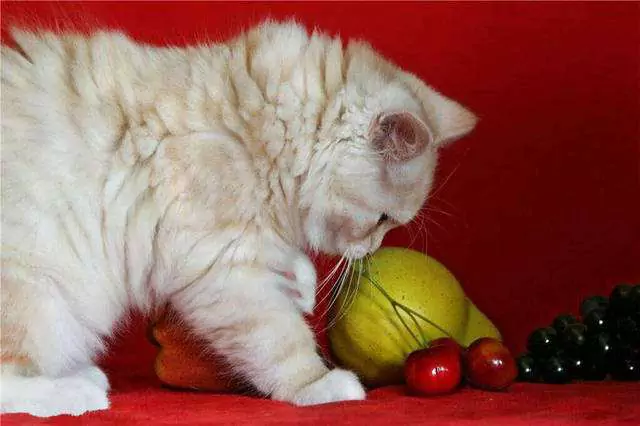
Can cats eat grapes? Why can't cats eat grapes?







